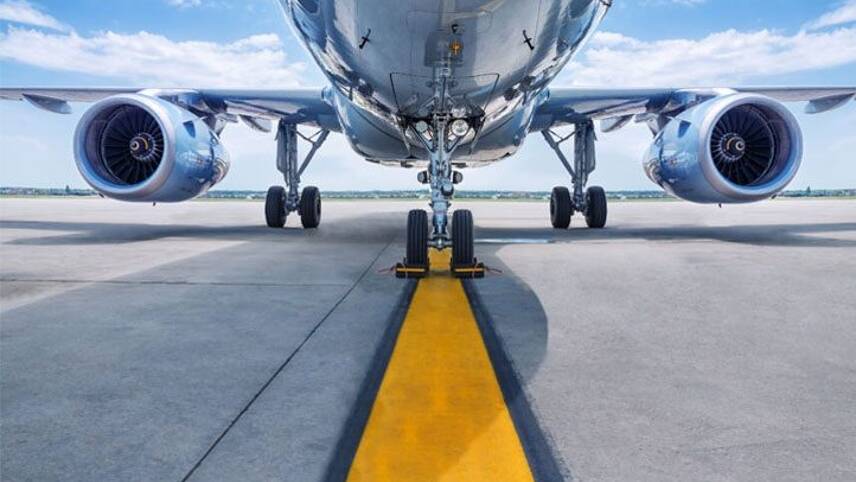Register for free and continue reading
Join our growing army of changemakers and get unlimited access to our premium content

With the £218m funds, the Government will support ten new projects led by major companies like Airbus and Rolls-Royce, as well as more than 40 UK-based partners
Transport Secretary Mark Harper is set to meet US Transport Secretary Pete Buttigieg on a visit to the US, starting on Monday (15 May). The two ministers will discuss how a partnership between the new nations can accelerate the development of SAFs.
The nations will explore how SAF plants can be developed at scale, while growing jobs in a bid to gain a leadership role in an SAF market that could deliver a £10bn boost to the UK economy.
UK Transport Secretary Mark Harper said: “While an ocean separates us, we’ve never been more aligned with the USA on the future of aviation and what that entails – whether it’s boosting jobs, opening new trade opportunities or delivering guilt-free air travel.
“This trip is a crucial part of our work to reduce emissions from aviation alongside the US, Canada and Singapore, and I look forward to meeting my counterparts and industry representatives.”
SAF markets
A new independent evaluation of the UK’s SAF value chain, authored by Philip New, warns that producers are presently seeing the EU and US as more cost-effective markets in which to build plants. Airlines and airports have previously warned that, without further policy support, British SAF projects would only be able to produce around half the levels of fuel required to meet the mandate.
The UK’s overarching aviation plan, the Jet-Zero Strategy, was published last summer, headlined by a 2040 net-zero goal for airport operations and domestic flights, and a 2050 goal for international flights. Today’s publication sets out some of the first steps towards delivering these long-term targets.
Scaling up the supply of SAFs and ensuring that aircraft are equipped to use them in ever-increasing blend proportions is a cornerstone of the Strategy. At present, the Government has proposed a mandate that would require at least 10% of jet fuels to be made using more sustainable feedstocks by 2030. Meeting this will require the production of 1.5 billion litres of SAFs each year.
The Department for Transport (DfT) last month outlined its short-term priorities for decarbonising the aviation sector, confirming a new Low-Carbon Fuels Strategy by the end of the year and deferring key decisions on hydrogen planes to 2024. Full details of the SAF mandate should be published in the first quarter of 2024 and it should be enshrined in law by the end of 2024.


Please login or Register to leave a comment.